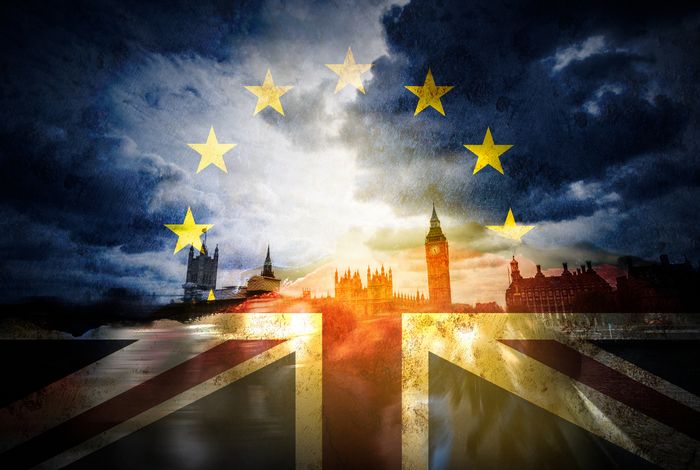Here, we discuss 5 things we think you should be aware of before making a claim on your travel insurance in relation to Coronavirus. We have already helped several clients with such claims and the below provides some things to consider as well as what to expect through the claims process.
1. Check the excess
Before considering making a claim, it is first worth checking the excess. If, for example you have an excess of £500 and have had 3 nights in Paris cancelled at a cost of £750, it may not be advisable to claim, considering the impact this could have on your premium at renewal.
The travel insurance industry has suffered significant losses during the Coronavirus pandemic, and it is likely that everyone’s travel premium will increase as the industry gets back on its feet. If you have travel cover as part of your McClarrons Affinity policy, the chances are it will only be your travel premium that’s affected going forward, even if you make a claim.
However, if you make a claim for £250 and the premium increases by £150 per year you should consider whether this is really prudent in the longer term; this is a topic that we can provide you with some independent advice on.
2. Cover is only place if you’re advised not to travel
There has certainly been some insurance confusion caused by speculation in the media, more specifically within the Hospitality sector. Thankfully, the travel sector tends to be more straight forward.
Each insurance policy will differ but generally, if the advice from the Foreign and Common Wealth Office is to not travel, cover will be in place. At this time, there is little ambiguity, however if you have a trip booked later in the year this may not be deemed a valid claim unless it becomes clear that you are being advised not to travel at that time.
To make things more complicated, it is safe to assume the travel ban will not relent at once in its entirety. Some low risk areas will become safe, likely UK trips, followed by other areas still recovering from the pandemic. The best piece of advice we can give at this point is to keep your ear to the ground as your trip approaches.
3. Check you cannot get a refund before notifying a claim
Insurers will require you to evidence that you have tried your best to recover losses from the agent, hotel, airline etc., first. Most of these providers will be aware of this and will either issue a blanket email to all customers with bookings, highlighting the cancellation policy, or, will contact you directly. Proof of payment and the cancellation policy will usually be all the documentation an insurer requires in order to make a claim if you are unable to obtain a refund through another party.
However, in the current situation, it may become clear weeks in advance that your holiday is going to be cancelled. In this case, it is likely that your travel insurance will only provide cover when the trip is within a specified timescale. For example, this could be 48hrs before you are set to travel. It is still worthwhile reporting your claim before this and getting everything prepared but be aware there may be a delay in receiving your settlement.
4. Self-organised trips will require some preparation
If you have used an agent to book your trip, they may be able to provide you with all of the paperwork you need to process a claim, making things relatively simple. If you have arranged travel and accommodation separately, there will be more work to do. And, if you have booked a mixture of external and internal flights with different airlines and accommodation in different locations, there will be significantly more work to do. Although each party will likely insist on speaking with the customer directly, if you are struggling, we can help you to understand exactly what is required and create a checklist for you.
5. Can you rearrange or postpone?
Lastly, where possible, we would encourage you to accept offers to rearrange rather than cancel trips you have booked. It is not only the large tour operators and airlines that are currently suffering, we have already had experience of independent businesses further down the chain struggling significantly. Often these businesses will offer an alternative date later in the year or a voucher rather than a refund. Taking this option will help keep these businesses trading through tough times.
If you have any queries at all regarding your travel insurance, or other personal insurances, speak to our Head of Art & Private Clients, Ben Pickles, at ben.pickles@networkportfolio.co.uk/mcclarroninsurance.com or on 07376 082402.






















